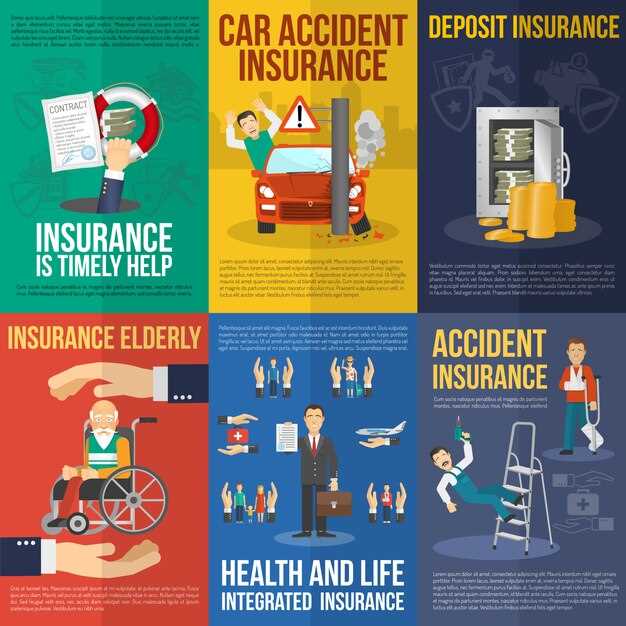
In the realm of business operations, vehicle registration is a critical component that ensures compliance with local regulations and protection against unforeseen liabilities. When it comes to commercial vehicles, the requirements for insurance differ significantly from those for personal vehicles. It is imperative for businesses to understand these nuances to avoid penalties and ensure the safety of their operations.
Commercial insurance is not just a formality; it serves as a safeguard against potential risks associated with operating a vehicle for business purposes. Most states mandate specific minimum levels of coverage, which can include liability, collision, and comprehensive insurance. For businesses, having adequate coverage is essential not only for compliance but also for the protection of both the company’s assets and its employees.
Furthermore, the type of business and the nature of vehicle use can influence the commercial insurance requirements significantly. For example, a delivery service may require higher liability limits compared to a contractor using a vehicle for personal errands. It is crucial for business owners to assess their unique needs and consult with an insurance expert to determine the appropriate levels of coverage that align with regulatory requirements.
Understanding State-Specific Insurance Mandates for Commercial Vehicles

Each state in the U.S. has unique requirements for commercial vehicle insurance, which can significantly impact a business’s operations. Understanding these state-specific mandates is crucial for compliance and risk management.
Minimum Coverage Levels: Most states require a minimum level of liability coverage for commercial vehicles. This typically includes bodily injury and property damage liability. However, the minimum limits differ, and businesses must be aware of the specific requirements in their state to avoid penalties.
Additional Coverages: Many states encourage or require additional coverages, such as uninsured/underinsured motorist coverage and cargo insurance. These coverages can protect businesses from losses due to accidents involving uninsured drivers or damage to goods in transit.
State Regulations: Regulations can also dictate the types of vehicles that require commercial insurance. For instance, vehicles used primarily for business purposes, such as trucks transporting goods or vans for service work, often fall under stricter requirements compared to personal vehicles used occasionally for business tasks.
Penalties for Non-Compliance: Operating without the required insurance can lead to severe penalties, including fines, license suspension, or even legal action. Each state has its enforcement mechanism, which may include random audits or checks during stops by law enforcement.
Variability in Local Regulations: It’s important to note that even within a state, local jurisdictions may impose additional insurance requirements. Businesses operating in multiple states must ensure they adhere not only to state laws but also to local regulations.
Staying Informed: As laws and mandates can change, regular review of state insurance requirements is crucial for businesses. Consulting with an insurance professional or legal expert familiar with commercial vehicle laws can provide guidance tailored to a specific situation.
By understanding these state-specific insurance mandates, businesses can better protect their assets, ensure compliance, and minimize risks associated with commercial vehicle operations.
Key Insurance Policy Types Needed for Vehicle Registration

When registering a vehicle, it is essential to have the appropriate insurance coverage in place. Different regions may have varying requirements, but several key types of insurance policies are commonly necessary for vehicle registration. Below are the primary insurance policy types that vehicle owners need to consider:
- Liability Insurance:
This type of insurance is typically mandatory in most states. Liability insurance covers damages caused to others in the event of an accident where you are at fault. It includes:
- Property damage liability – Covers costs for damages to another person’s property.
- Bodily injury liability – Covers medical expenses and related costs for injuries inflicted on others.
- Collision Insurance:
Collision insurance is not always required but is often advisable, especially for newer or more valuable vehicles. This policy covers damages to your vehicle resulting from a collision with another vehicle or object, regardless of fault.
- Comprehensive Insurance:
This type of insurance protects against damages to your vehicle not involving a collision. Situations covered can include theft, vandalism, natural disasters, and falling objects.
- Uninsured/Underinsured Motorist Coverage:
This policy is important in protecting against scenarios where you encounter a driver with insufficient insurance coverage or no insurance at all. This can help cover your medical expenses and vehicle repairs when the other party is unable to pay.
- Personal Injury Protection (PIP):
PIP, also known as no-fault insurance, is another vital coverage that pays for medical expenses, lost wages, and other associated costs for you and your passengers, regardless of fault in an accident.
In summary, understanding and obtaining the right insurance policies is crucial for vehicle registration. Liability insurance is usually mandatory, while collision, comprehensive, uninsured/underinsured motorist, and personal injury protection policies can provide additional financial security and peace of mind on the road.
Documentation and Compliance to Obtain Vehicle Registration
To successfully obtain vehicle registration, it is essential to gather the necessary documentation and ensure compliance with local regulations. The specific requirements may vary by state or country; however, there are common elements that most jurisdictions require.
Proof of Identity and Residency: Applicants must provide valid identification, typically a driver’s license or state-issued ID card. Proof of residency, such as a utility bill or lease agreement, may also be necessary to establish the individual’s address.
Vehicle Ownership Documentation: Proof of ownership is crucial. This can include the vehicle title, bill of sale, or odometer disclosure statement. For used vehicles, a completed title transfer must be submitted, while newly purchased vehicles typically require documents from the dealership.
Insurance Compliance: Most jurisdictions mandate that vehicles carry a minimum level of insurance. Applicants must provide evidence of a valid insurance policy, which includes details such as coverage limits and the insurance provider’s information. This is to ensure that the vehicle is adequately insured before registration is granted.
Vehicle Identification Number (VIN) Verification: A VIN verification may be required to confirm the vehicle’s identity. This process can often be completed by law enforcement officials or authorized third parties who ensure that the VIN on the vehicle matches the documentation provided.
Application Form: A completed vehicle registration application form is necessary. This form typically requests various details, including the owner’s information, vehicle specifications, and insurance details. Inaccuracies or omissions may lead to registration delays.
Payment of Fees: Registration fees can vary significantly based on the type of vehicle and local regulations. Applicants must be prepared to pay these fees at the time of registration, which can usually be done via various payment methods, including credit card, check, or cash.
Ensuring that all required documentation is accurate and complete can facilitate a smooth registration process. Failure to comply with these essential requirements may result in delays or even denial of vehicle registration.
